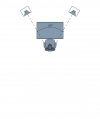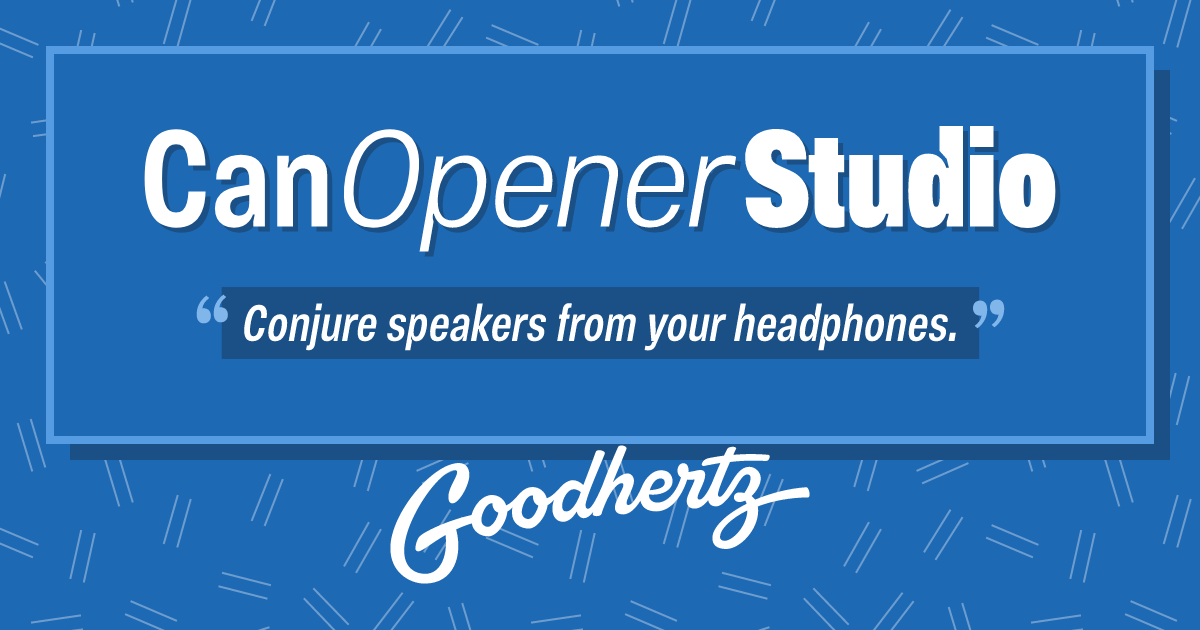massimodec
Member
- Joined
- Sep 14, 2022
- Messages
- 18
- Likes
- 3
Hi everybody !
I am new here and in the PC-DAC-Headphones line of work.
I have seen many answers here and I have some orientations, but still there are some parts unclear to me.
I am dealing with live classical music, which I am recording for friends (for demos, documentation etc.) in Linear-PCM.
I would need to make some little balancing, little adjustements or equalization, when performance hall would show some bias or similar.
So - without selling a kidney - I would need to set a very neutral audio working line, from a Windows 7 PC (which I have) to some pretty good - and flat - headphones.
Question 1: as headphones I was thinking of Grado 325x, but I am open to suggestions of course.
Are they really flat? No artificial enhancing of bass ? no “cozy” and mellow general artificial tones?
If the recorded tone is harsh or too dry, to try to compensate it, I have to be able to hear it.
Question 2: for my purposes, I think that it could be better to extract digital from the PC and use an external DAC to convert and listen. Which DAC should I buy ? 24 and/or 32 bits ?
In answers to similar questions, I have seen quoting Topping G5 and Sabaj A20d: the latter looks attractive, but a bit expensive... moreover, I live in Italy and I will be smashed by import fees, which are about 28% over price + shipping.
Thank you very much for your help.
I am new here and in the PC-DAC-Headphones line of work.
I have seen many answers here and I have some orientations, but still there are some parts unclear to me.
I am dealing with live classical music, which I am recording for friends (for demos, documentation etc.) in Linear-PCM.
I would need to make some little balancing, little adjustements or equalization, when performance hall would show some bias or similar.
So - without selling a kidney - I would need to set a very neutral audio working line, from a Windows 7 PC (which I have) to some pretty good - and flat - headphones.
Question 1: as headphones I was thinking of Grado 325x, but I am open to suggestions of course.
Are they really flat? No artificial enhancing of bass ? no “cozy” and mellow general artificial tones?
If the recorded tone is harsh or too dry, to try to compensate it, I have to be able to hear it.
Question 2: for my purposes, I think that it could be better to extract digital from the PC and use an external DAC to convert and listen. Which DAC should I buy ? 24 and/or 32 bits ?
In answers to similar questions, I have seen quoting Topping G5 and Sabaj A20d: the latter looks attractive, but a bit expensive... moreover, I live in Italy and I will be smashed by import fees, which are about 28% over price + shipping.
Thank you very much for your help.
Last edited:


